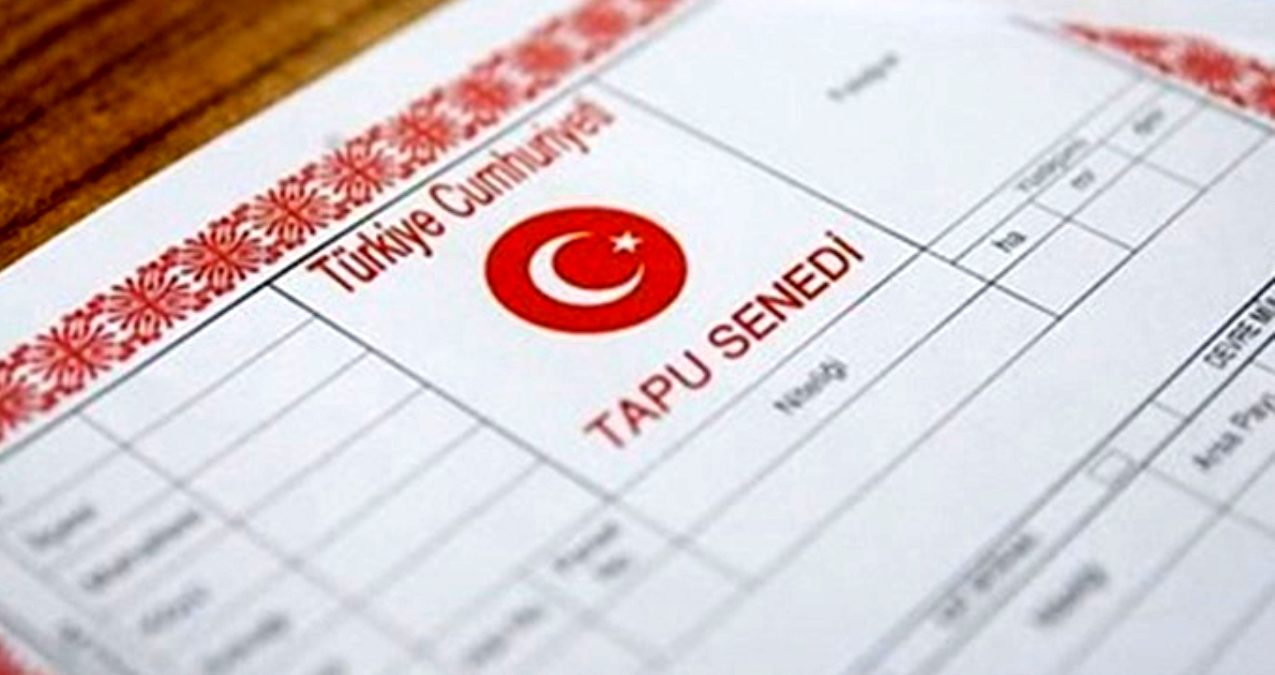
Tapu is the ownership of a property in Turkey. The title deed, which is a concept of legal action, by definition, indicates that whoever owns an immovable (land), a section of the immovable, or any structure on the immovable, is given by the Land Registry Office and deemed valid against the legal order unless an irregularity is determined. and it is an official document.
There are 3 kinds of Tapu.
How can I receive my tapu (Title deed) for the property which I have purchased?
When you buy a property in Turkey, right after you receive the title deed. It means if there is no special condition of the delivery after you complete the full of your payment you deserve the receive tapu.
You receive the title deed at the Land registry offices. We call the place in Turkey “Tapu Dairesi.”
If you have no chance to come to Turkey, you may prepare a Power of Attorney (POA) to sell or buy on your behalf at Turkish Embassy Notaries. It is in Turkish. So that the person which you appointed in Turkey can sell or buy for you.
If there is no Turkish Embassy nearby, you may prepare the POA at the NOTARY office as well. In order to complete the documents correctly, please ask a sample of POA from your real estate company. The POA will be in your language. Please do not forget to get an APOSTILLE stamp on your POA, if not It will not be valid in Turkey.
While you give a PAO to someone, if you are going to buy more than one property in different places, you may give a general POA. But If you buy only one property, It is better to give a POA for a specific property. This can save you from future conflicts.
When you make a signature purchase at the Tapu office, there will be a paid sworn translator in your language. After you sign the TAPU, you will receive in a few minutes the paper TAPU. It is actually just a paper, you have already registered the documents, and even if you lose your deed, you may receive another one another time.
What do you see on the title deed (TAPU)?
Here you can see basically what is available on Tapu Senedi ( Title Deed). For more information, you may contact us.
What are the documents required in title deed procedures?
Documents required by the Seller and Buyer in the deed transactions are listed below.
Seller/s
- 1 Photograph
- Identity card (original) and photocopy
- Deed copy
- DASK document (copy and Original- It is earthquake insurance)
- Declaration value approved by the municipality
- Declaration value which was given by a property expert.
Buyer/s
- 2 photographs,
- Passport (original) and photocopy
- It will be sufficient for you to apply to the Land Registry Offices with these documents.
How to apply to the Land Registry office to sell and buy property in Turkey?
After you prepared the required documents you should go to the website https://randevu.tkgm.gov.tr/en and make the appointment.
Be on time at the land registry office and follow your queue.
IDEAL Real Estate, most of the time, gets the POA ( Power of Attorney) from the buyer right after the purchase contract and follows all the legal procedures. This way we take care of our clients and their paperwork.

